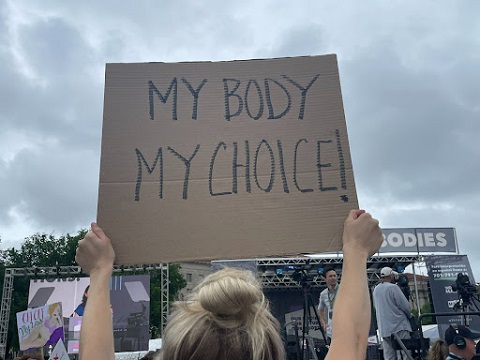Back in 1995, Chicago-born Don Smith says he was “hopeless”. Drinking too much and struggling to find work, his children “couldn’t stand” him. Now the 56-year-old is an asset to his community, a proud grandfather, and a beacon of hope to people facing the problems he has battled through.
“Instead of doing 100% better, I think I’m doing 200% better,” says Don. “It just turned my whole life around.”

The moment Don’s life started to change was when he walked into the offices of StreetWise, his local street paper, and was given vendor badge number 2475.
“It was a perfect fit,” he explains. “It was good for me because I could work my own hours. I was my own boss. And I earned money every day.”
That was the first step on Don’s long journey. After almost two decades selling the award-winning magazine and finding some stability, he was one of the first to go through StreetWise’s Transitional Jobs Programme and land a full time job.
The jobs programme was recognised at this year’s INSP Awards as a finalist in the Best Project category, where judges were impressed by its comprehensive approach to helping street paper vendors and other at-risk groups into mainstream jobs.
“It’s not like a magic bullet – it’s just a bit of hard work”
Focusing on building up soft skills, such as communication, work ethic, professionalism and teamwork, the programme breaks down the barriers that keep many out of the workforce. The obstacles may seem simple – creating a decent CV, knowing how to call in sick, overcoming problems in reading and writing, or even just getting the money together for transport before the first paycheck comes in. But it takes a long-term, holistic approach to allow people to get past them.
“It’s not like a magic bullet – it’s just a bit of hard work here and there. It’s putting all the pieces together step by step,” explains Amanda Jones, StreetWise’s Director of Workforce Development.
In 2015, 70 people completed the job-readiness training class. Of that group, 38 went on to obtain employment. 25 stayed in their job beyond the 30-day retention point that local government marks as a successful placement.

“We’ve had 31 people complete the training so far in 2016, and at least another 20 or so that came in for some of the services but didn’t finish,” adds Amanda. “We’ve had 15 people start jobs, and three people who we’ve verified for a 30-day retention. We have another eight or so that should be at 30 days, but I don’t have the documentation yet.”
For people experiencing homelessness, employment can be critical in obtaining and maintaining stable housing. For people like Don, facing long term unemployment and substance abuse issues, it can offer a new lease on life.
“After I started selling StreetWise, I had a social worker that was working with me,” says Don. “They started helping me with my reading and writing. They helped me get my skillsets together. Then they had the jobs programme coming up and they asked me if I wanted to be part of it. I took a chance and said yes.
“When I first started at my job, I was a groundsman. Right now, my skills are one up to handyman. So instead of just keeping the grounds clean, I fix windows, put in screens, fix the locks on doors. All the maintenance work.”
Thanks to his regular wage, Don has been able to buy his wife of 27 years a new car. “I’m doing a lot of things. I dress real nice, now. I’ve sharpened my attitude. I just thank God for giving me a chance to sort myself out – for giving me the knowledge that I built on from the mistakes I made.”
And his new mentality had a profound impact on his relationship with his kids too.
“My children used to couldn’t stand me because I was drinking too much and they smelled alcohol on me all the time,” he admits. “Now they like to get up on me: ‘Hey pops! Will you take me here?’ They constantly want me around now. I have four granddaughters.”

He’s even become a mentor, and sometime counsellor, to new StreetWise vendors. “I say to new vendors – this paper is going to sell, because StreetWise is a known paper. It’s up to them to apply themselves, to look better, to dress themselves according to their role. And to not get discouraged. Or if they get discouraged to come and talk to me, because I’ve been discouraged a lot of times.”
Don has even given his phone number to vendors that he can see are struggling. “If they fall into any problems, I’m always here,” he promises.
“I want to let others see what I have created for myself and they can do the same”
StreetWise CEO Julie Youngquist says stories like Don’s reinforce their determination to keep the Transitional Jobs Programme going.
“It’s really rewarding to celebrate. When they come in here, they are typically homeless or really precariously housed and literally broke. That’s how they start the year. Then they end the year with a job and money in their pocket and a smile on their face,” she adds.
“They have a different way that they carry themselves because somebody believed in them and they gave it a shot. Now their life is different and better.”
Don, for one, will never forget the belief that StreetWise showed in him. “I owe them so much,” he says. “I come here [the StreetWise office] every day on my lunch break to volunteer my time. I want to let others see what I have created for myself and they can do the same if they apply themselves to what’s going on around here.”




















